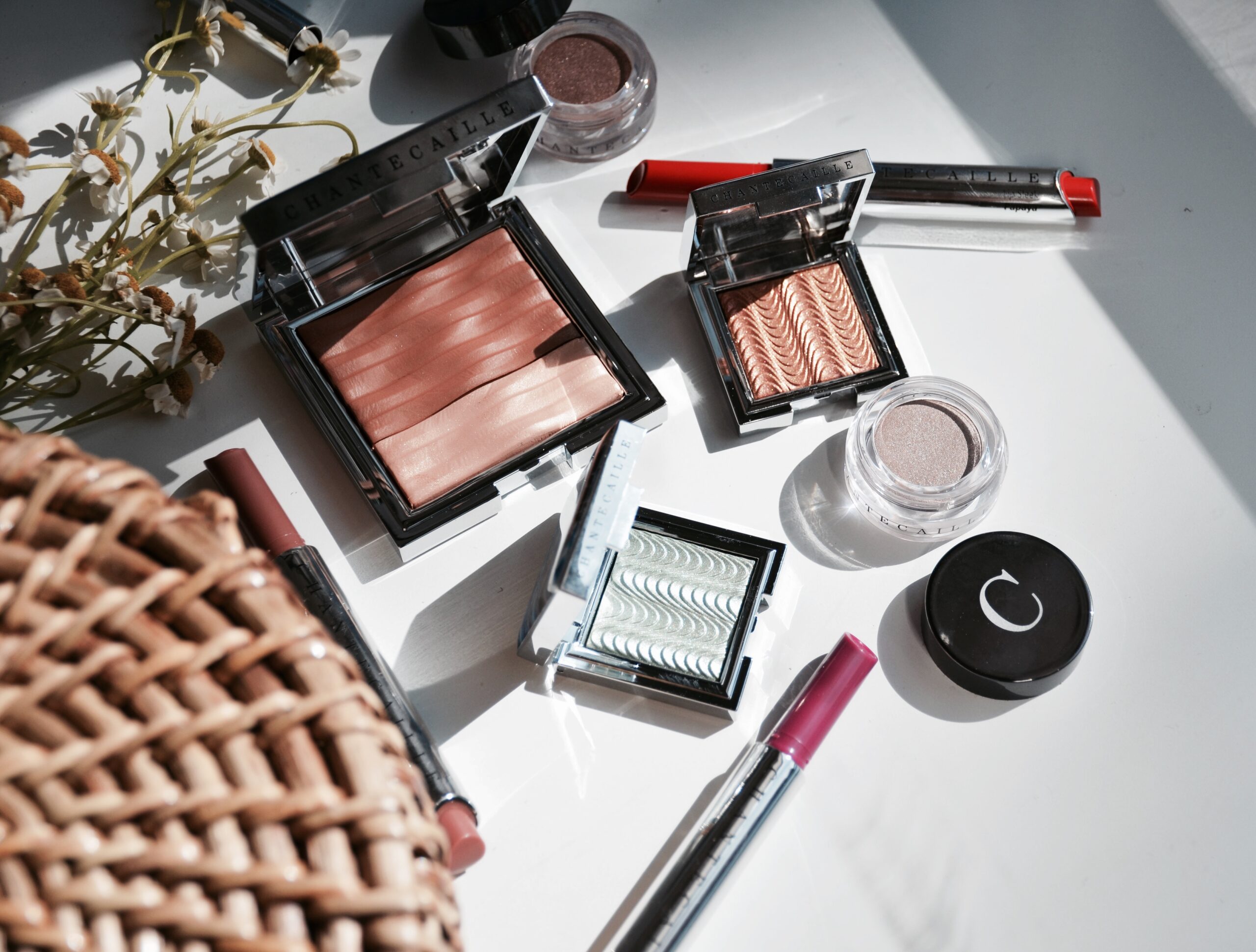A strange new trend is taking over TikTok, with users eating dirt to improve their health. Dubbed “crunchers,” these individuals claim that consuming small amounts of dirt can help with gut health, skin conditions, and even weight loss.
The trend has gained momentum in the U.S., with social media influencers like fertility coach Stephanie Adler promoting the practice. She believes that the microorganisms in organic soil can enhance gut health.
The Claims Behind Dirt Eating
Advocates of the trend, including Adler, argue that organic soil contains trillions of microorganisms beneficial to the human gut microbiome. In a TikTok video, Adler said, “One teaspoon of organic biodynamic soil has more microorganisms than there are humans on Earth.”
Edible clay and soil products have also surfaced on e-commerce sites like Amazon, with sellers claiming benefits ranging from anti-aging effects to balancing skin oil production. Products are sold in various forms, including powders and clay chunks, and range in price from ₹900 to ₹2,200.
Health Benefits: Is There Science Behind It?
Some scientific research supports the idea that soil could improve health. A 2019 study noted that soil plays a critical role in shaping the human gut microbiome, potentially aiding digestion and boosting immune function. Historically, the practice of geophagy—eating earth—has been used as a detoxifying agent and for medicinal purposes.
Other studies suggest that compounds in dirt may even help combat obesity by absorbing fat from the body. Additionally, experts from the University of Helsinki found that exposure to natural soil could improve skin health by promoting a balanced microbiota.
Is It Safe? Experts Remain Divided
While the practice has sparked debate, many health professionals urge caution. Although some studies highlight potential benefits, more research is needed to fully understand the risks and long-term effects of eating dirt. Critics argue that unregulated consumption of soil could expose individuals to harmful bacteria or toxins.
Conclusion: A Trend to Watch
As the trend continues to grow on TikTok, it’s essential for users to be mindful of the potential risks. While dirt eating may offer some health benefits, the practice remains controversial and requires more scientific investigation.






















